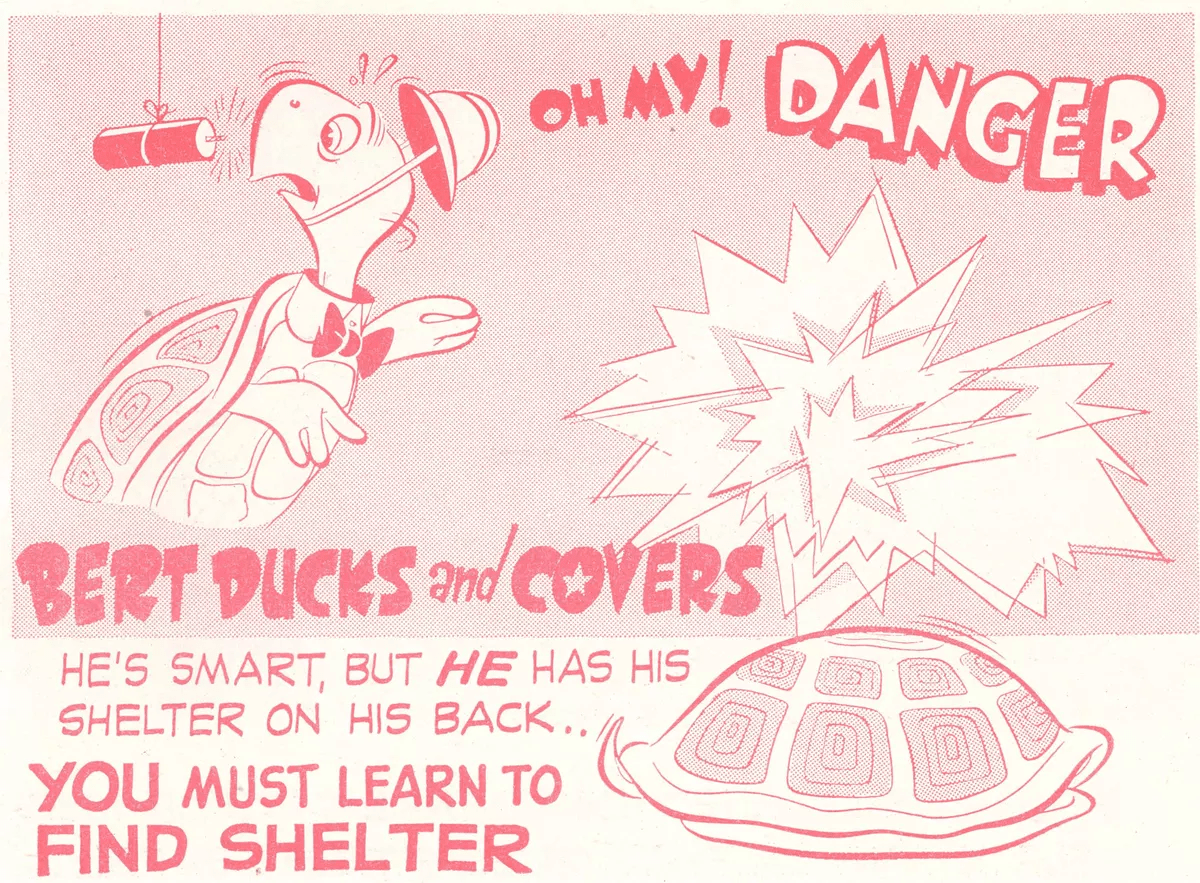Old Sweat said:
It seems to me that we rarely have a coherent defence strategy or programme because (a) we have no real control over or even meaningful input into the international situation; and (b) the majority of our giant minds, movers and shakers and rest of us don't care. I am not sure the militia myth excuse is still valid, but its illegitimate children still are hard at work.
In the meantime we either excuse our selves to go to the washroom when the bill arrives or conveniently forget to bring our plastic to the table because "you guys make more money, so you should pay our share of the bill."
We did, once ~ only once ~ have a coherent, achievable foreign (and consequential defence) policy. Louis St Laurent set it out, in outline, in his
Duncan & John Gray Memorial Lecture at the University of Toronto in 1947. External Affairs Minister (later prime minister (1948-57)) St Laurent then set about giving real, measurable effect to his ideas and Prime Ministers Diefenbaker and Pearson did not waver, either, so, from 1947 to 1967 we had a workable national "grand strategy" that was tailored to its time and space (and we did have some advantages then that we don't have now, but our current socio-economic and geo-strategic situations are not too different from, say, Australia or the Netherlands or even the UK).
Louis St Laurent lived in, actually, a much more complex geo-strategic environment: we (they, I was only a small boy) didn't really understand, in 1945-48, the real and full extent of the Soviet-communist menace (George Kennan had only written his famous "containment" telegram in 1946) but we would soon be embroiled in both a long Cold War, with frightening implications, and a real Hot War (Korea) and in the politics and policies of nuclear deterrence and in trying to re-establish trade in a shattered global economy, and, and, and ...
... in comparison everyone,
absolutely everyone, since St Laurent-Truman-Eisenhower has had an ever increasingly clear and more simple strategic problem. Nothing in the Arab uprising and the rise of China and all that compares with the fear and unknowns of the late 1940s and the dawn of both the nuclear age and the East-West split. There is no existential threat to our, Western, liberal, "way of life," and that is, primarily, why there is no compelling need for our, 21st century politicians ~ Barack Obama, David Cameron, Angela Merkel or Justin Trudeau ~ to do the kind of deep, long range,
strategic thinking that was required of Truman, Eisenhower, Atlee, Churchill and St Laurent. Putin is a threat, but he's no Stalin and he lacks the means to be one, Xi Jinping's only real tie to Mao Zedong is in the jacket he wears a couple of times a year ...
... and the Arabs and
al Qaeda and
Da'esh and whatever are, historically, familiar, twisting the lion's tail and so on ...
... of course there are threats, threats that we (that includes Canada)
should address, but they are anything but existential.
I'm sorry that we, Canadians, cannot have anything even remotely like a useful grand strategy, but every prime minister since Pierre Trudeau has, more or less, mostly more, signed on to Pierre Trudeau's "poor
little Canada, beset by its own, domestic, national unity problems, cannot take part in the grownups' work of making the world safe for free peoples and free trade" dogma ~ see the 1970 White Paper,
A Foreign Policy for Canadians. But that's not, really, the politicians' fault ... they ask us what we want, we tell 'em, and then they parade fools and charlatans to lead us to where we want to go ...
... and we vote for 'em. But, absent a real, clear, well understood threat to our "fat, dumb and happy" lives ... why not?
















